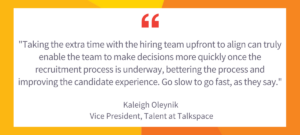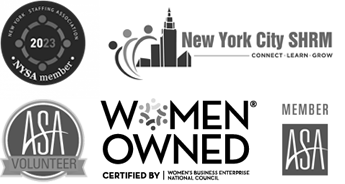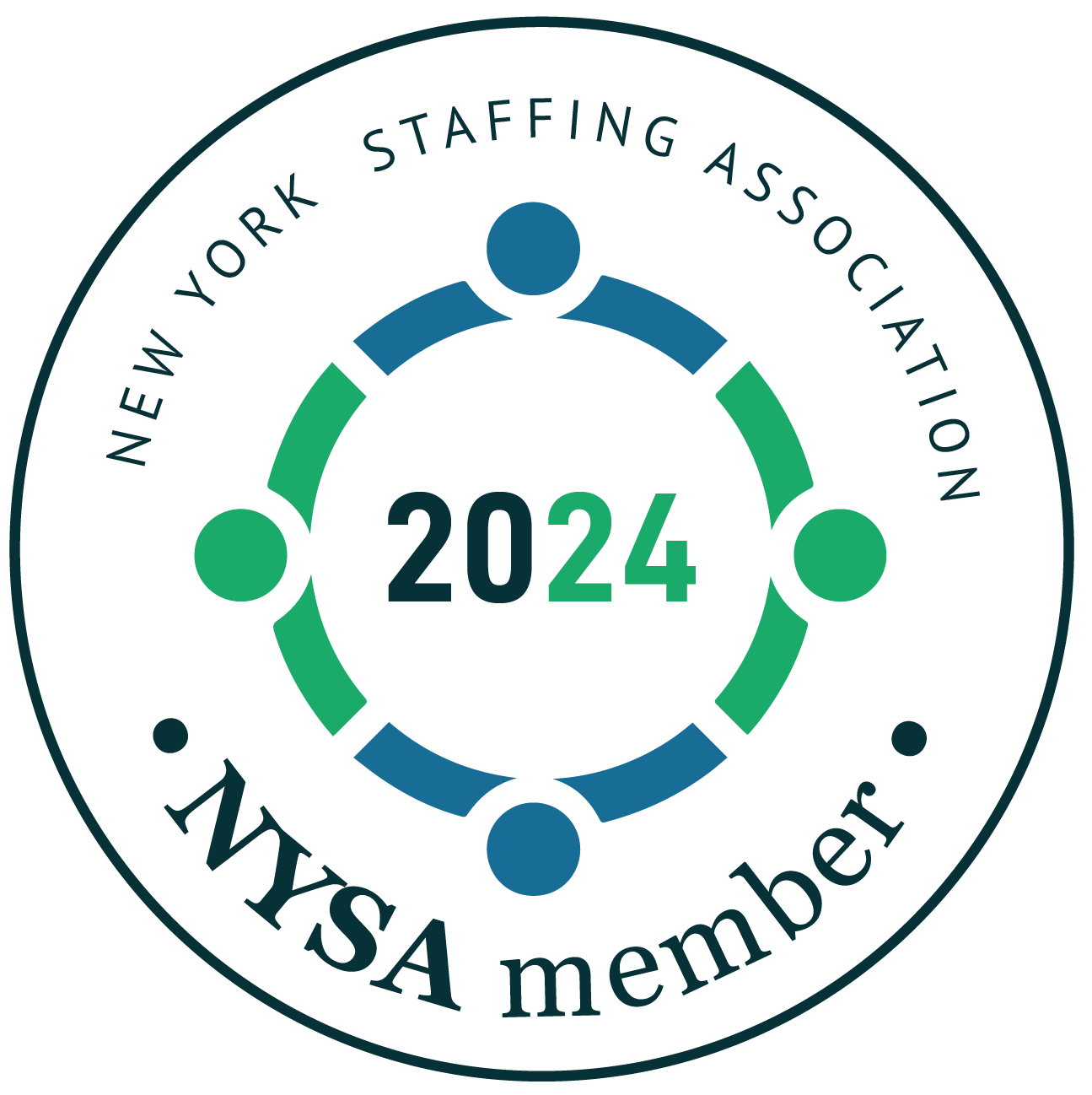Are you an HR or hiring team leader frustrated by extended hiring processes? You’re not alone.
According to a study cited by the Society of Human Resources, the average time-to-hire is 40% longer post-pandemic and up to 56-66 days for roles in HR, Tech, and Professional Services.¹
Several factors are driving longer hiring cycles, which is causing challenges for companies. Let’s delve deeper into the challenge and solutions.
Understanding the Impact
Increased Competition: With 2023 representing the lowest unemployment rate in nearly 25 years, the demand for the best talent has never been higher. Not being set up to move swiftly when the right candidate emerges can result in losing out on potential stars.
Complex Job Requirements: Advances in AI and automation are rapidly evolving the technical skills required for many roles. This shift has led to more intricate job requirements, making it harder to find candidates with the right mix of skills. A smaller pool of truly qualified applicants is leading to more time spent sorting through candidates that lack the right experience for the job.
Emphasis on Culture Fit: Ensuring a candidate aligns with your company’s culture is more important than ever, but it’s not a quick box to check. The absence of an intentional and coordinated process for assessing culture fit can lead to a protracted evaluation process, that requires more time from your staff.
Solutions
Here are successful strategies to shorten your hiring process and reduce the impact.
Align Key Decision Makers from the Start: Aligning key stakeholders (Hiring Managers, HR, Department Heads) on the role’s requirements, team structure, growth opportunities, and interview steps sets the stage for an efficient hiring process. At Talkspace, they begin the hiring process with two meetings – a quick intake meeting with the hiring manager to identify the key requirements, followed by a kickoff meeting with the entire hiring team to talk through the hard requirements and “nice to haves”, as well as what the ideal candidate might be able to add to the culture. Coordinating in advance of the interview process enables them to screen more decisively and sell the role more substantively to choice candidates, enhancing their ability to secure the candidate that fits best.
Hiring Skilled Temporary Staff: Making a hire under duress is a recipe for making a bad hire. Alleviate urgency by hiring a skilled temporary worker or freelancer to meet immediate work demands, enabling you to dedicate the time and attention to finding the right long-term fit. Qualified temporary staff can enable companies to ensure continuity in operations and bring in specialized skills when needed.
Cut through the Competition by Accessing Passive Talent: Specialized staffing firms are already in touch with the top candidates in your industry and can provide access to candidates who are not applying to job postings, which can result in quicker access to the best talent.
Only Spend Time with Qualified Candidates: A recruiter with expertise in your industry is adept at grasping your specific needs and can pre-vet candidates for the desired technical skills and culture fit before they hit your inbox. This saves your team’s time, allowing them to focus on interviewing only those candidates who are already vetted and meet your criteria.
Gainor offers solutions to find the ideal candidate in less time. Reach out at 212-697-4145 to discuss how we can help.







